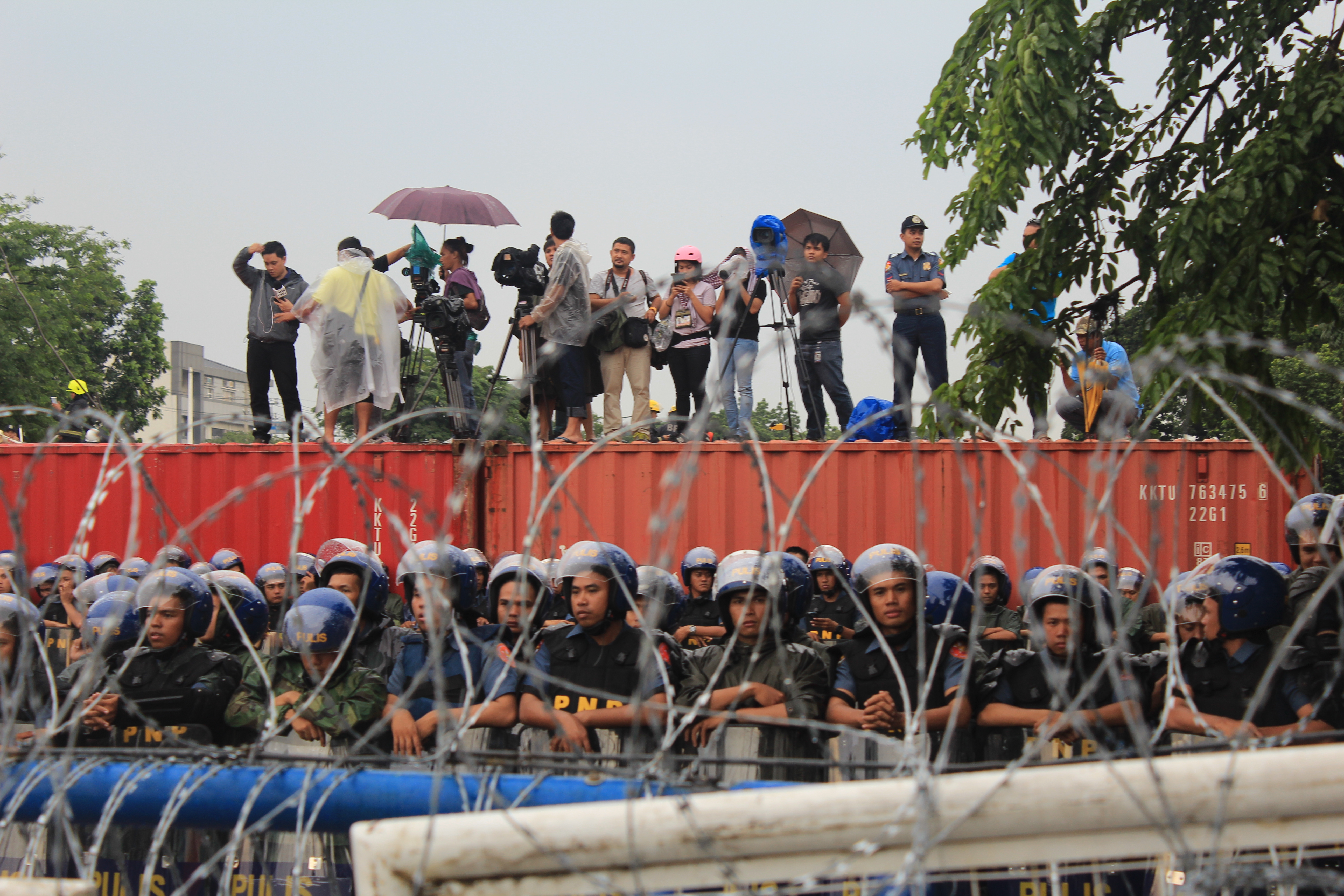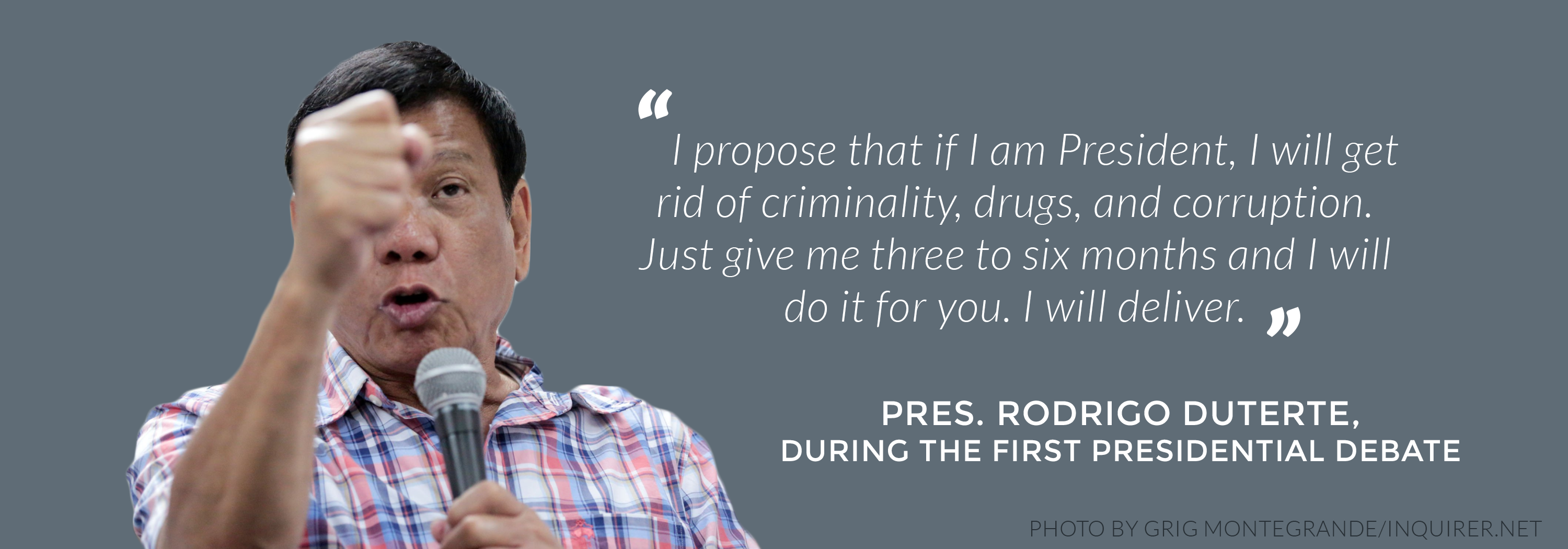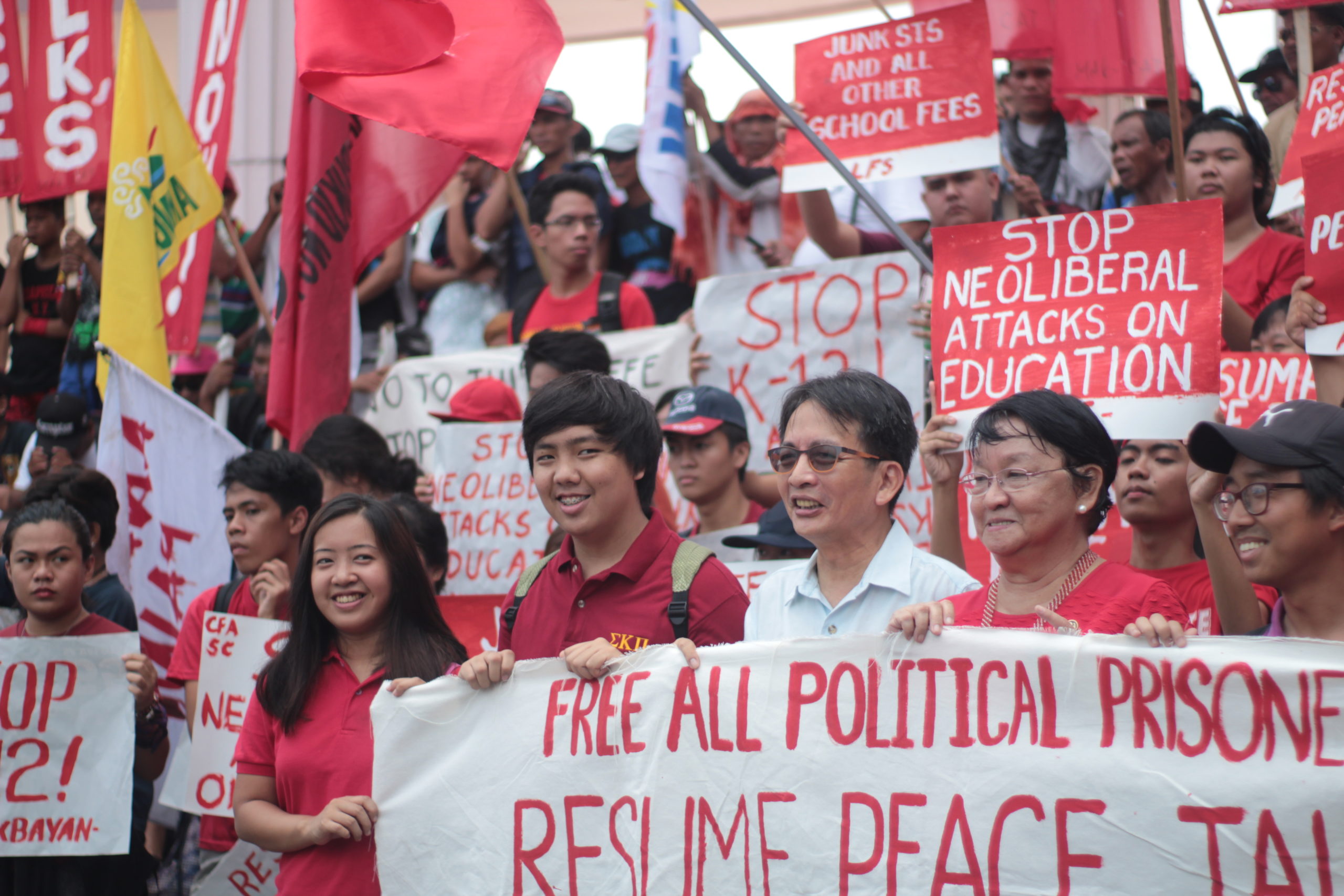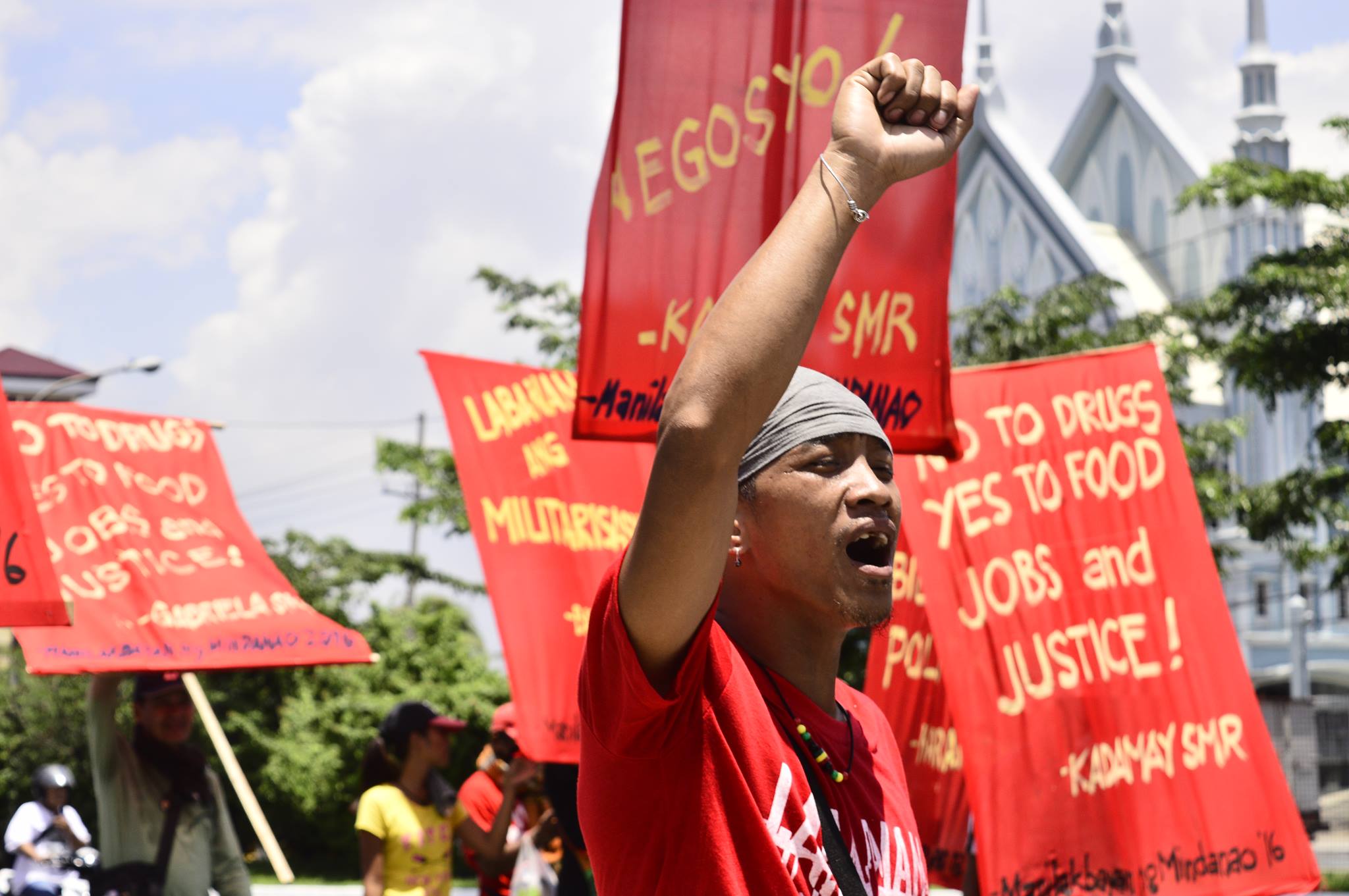Despite early conflicts, Duterte dubs media as “partner for change.”
BY JEROME IGNACIO AND KENNETH LEONARDO
Since day one of his presidential campaign, President Rodrigo “Rody” Duterte has been successful in courting the limelight with his unconventional leadership. Scrutiny continues to tail behind the tough-talking head of state as he and his reforms make headlines on an almost daily basis.
Despite the controversy, confusion, and criticism that surrounded his electoral bid, Duterte went on to reap the votes of more than 15 million Filipinos.
From day one of his election campaign last February to his first report to the country yesterday, Duterte’s blunt remarks would often land a place on the media’s radar.
Local media outlets and media advocacy groups have so far focused on the President’s crackdown on drugs, crime and corruption, which he promised to achieve within three to six months.
Duterteserye
Duterte made rounds on the national media as early as the first few episodes of his “Duterteserye,” the term coined for the unexpected twists and turns of his political candidacy for the presidency.

Though he had repeatedly announced that he will not run for a national position, even missing the filing deadline set by the Commission on Elections (COMELEC), he eventually ran as the presidential bet of the Partido Demokratiko Pilipino at Lakas ng Bayan (PDP-Laban) party, replacing party-mate Martin Diño.
Lawyer Rona Carito of the Legal Network for Truthful Elections said the move was strategic such that it was able to boost the hype for Duterte’s presidential bid.
“It was a strategy, to get people more interested, to get more people to talk about him,” she said.
To kill or not to kill
Duterte’s honeymoon with the media ended shortly after he was declared the country’s next head of state.
In a press conference held in Davao City on May 31, Duterte said most murdered journalists were involved in corruption and wrongdoings.
“Just because you’re a journalist you are not exempted from assassination, if you’re a son of a bitch,” he said.
The next day, the National Union of Journalists of the Philippines (NUJP) issued a statement, condemning Duterte’s comment and warning against any justification of press freedom repression.
“Be that as it may, the independent Philippine media will not be cowed from fulfilling its duty to act as the people’s watchdog,” the statement said.
In the next six years or so, the media will be sailing with a man of contradiction. Media’s role as society’s watchdog have made conflicts with the powers-that-be inevitable.
A week later, he would announce his plans to create a task force that would investigate on media killings.
Monitoring Duterte’s war on drugs
The growing number of extrajudicial killings has led to several data and research projects aimed at monitoring Duterte’s war on drugs as soon as he sat in his position.
Major media outlets such as ABS-CBN News, Interaksyon, GMA News and Inquirer are currently keeping track of Duterte’s crackdown on illegal drugs and crime.
From June 30 to July 21, Inquirer.net’s Kill List has recorded a death toll of 331 linked to the anti-drugs campaign.
Most evening news shows would echo updates on Duterte’s war on drugs and crime on a daily basis. Reports on killings related to the campaign, as well as the increasing number of suspected drug users and pushers who voluntarily surrendered, continue to make headlines.
On July 7, when Duterte publicly accused five police generals of being involved in the illegal drugs industry, the media was quick to gather the response of all five generals to the President’s accusations.
The government-managed Philippine News Agency has been focusing extensively on Duterte’s government revamp not related to his war on drugs and crime
Freedom of information
Two days before first State of the Nation Address (SONA), Duterte signed an Executive Order operationalizing the people’s right to information in all government offices under the Executive branch.
The Executive Order defined the procedures and mechanism for obtaining public records, as well as the penalties for denying access to information outside constitutional exemptions.
It also required the Department of Justice and Office of the Solicitor General to produce an inventory of exemptions in line with the 1987 Constitution and existing laws. All government offices were also mandated to create systems for the easy retrieval of information.

In his first SONA, Duterte said he wanted to go ahead of Congress in passing a policy that will implement the Freedom of Information, calling it an act of “stealing one’s thunder.”
“As an example on the part of the Executive Branch to make transparency and integrity as yardsticks in government performance, savings and expenses while engaging the public to be vigilant in participating in government programs and projects,” he said.
During the Aquino administration, the House of Representatives failed to pass its own version of the Freedom of Information bill before Congress adjourned on February 3.
Govt media revamp pushed
While Duterte said he will no longer hold press conferences in the aftermath of his controversial remarks on media killings, the President said he will instead utilize the state-owned PTV4 for interviews and announcements.
The government is currently working with international public service news outlets such as the British Broadcasting Corporation and Australian Broadcasting Corporation in improving government-run channels.
Duterte would mention these efforts in his first SONA, where he encouraged PTV4 to adopt a policy of “editorial independence” and announced plans to set up the country’s first Muslim and Lumad channels in Davao City.
The President also took the opportunity to condemn repression and violence against media.
“The bona fide media has always been our partner for change,” he said.
A long way to go
However, Duterte’s rough days with the media are far from over.
In the next six years or so, the media will be sailing with a man of contradiction. Media’s role as society’s watchdog have made conflicts with the powers-that-be inevitable.
Duterte’s early engagements with the Philippine media continues to be defined by an on-and-off affair with reporters and journalists. But while the destination of this relationship remain unclear, the public must be vigilant and ensure that this “partnership” will fulfill its obligations to the people.



